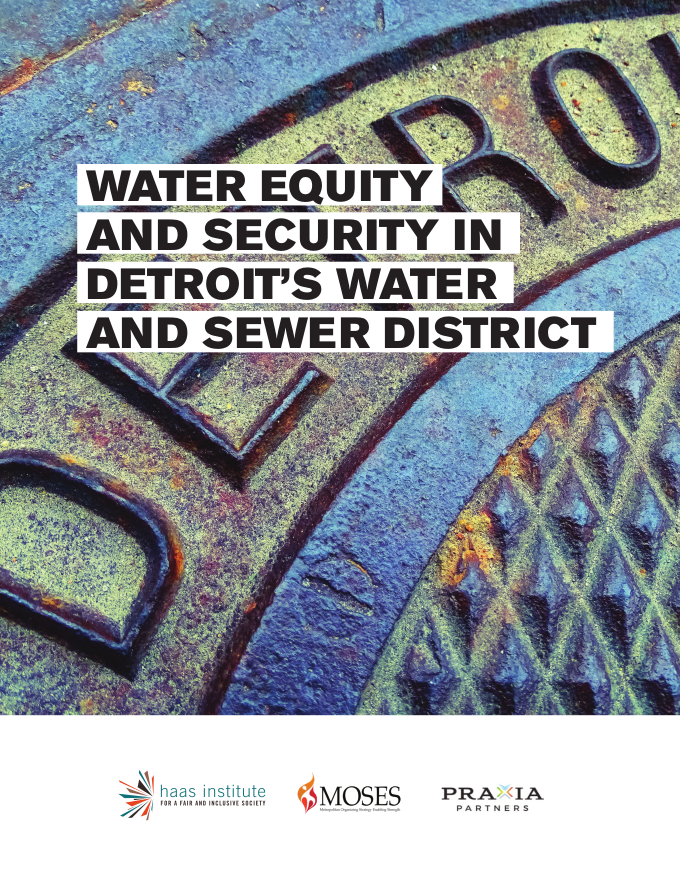Ensuring access to drinking water and wastewater service is a nationwide policy challenge. Across the United States access is increasingly insecure for many people and places. In this report we comply with scholarship and legal precedent that defines access to include access to residential in-home service, quality service that serves environmental and personal health, and affordable service.
Water security is a term in this report used to describe the presence of structural, systemic, and institutional arrangements that ensure everyone has consistent access to drinking water and wastewater services. Water insecurity looks different in the humid east than in the arid west, different in the Midwest from the South, different between urban, suburban, or rural. However different water insecurity problems look at the local level, they are the result of similar institutional, systemic, and structural problems. This is a study of the what persistent water insecurity looks like in the service area of Detroit’s drinking and wastewater system (DWSD) and specific places within that system, notably Detroit.
Download a PDF of this report here.


